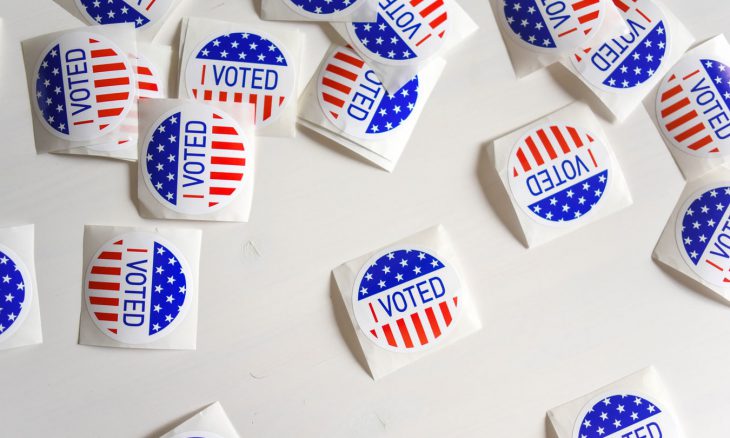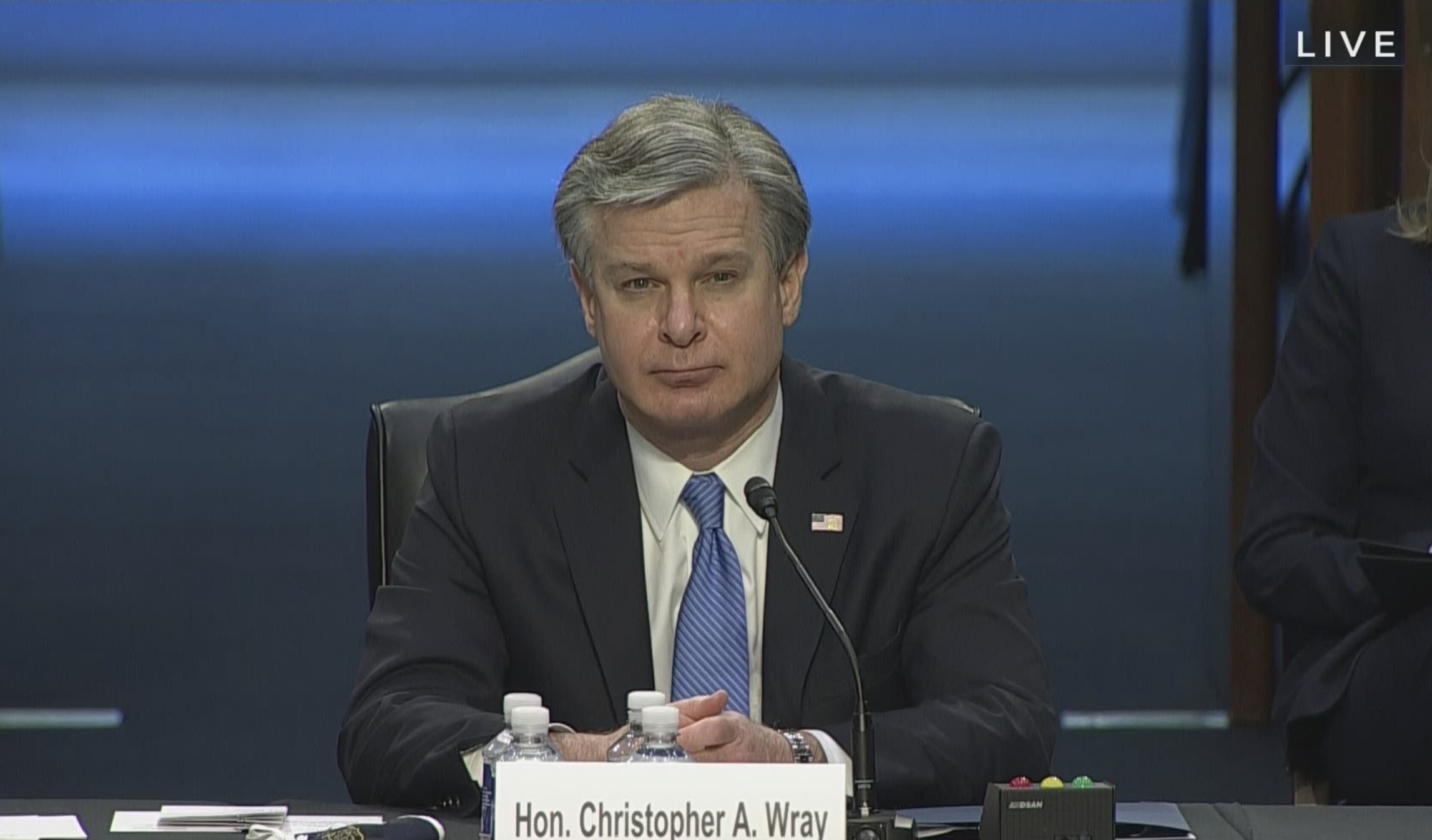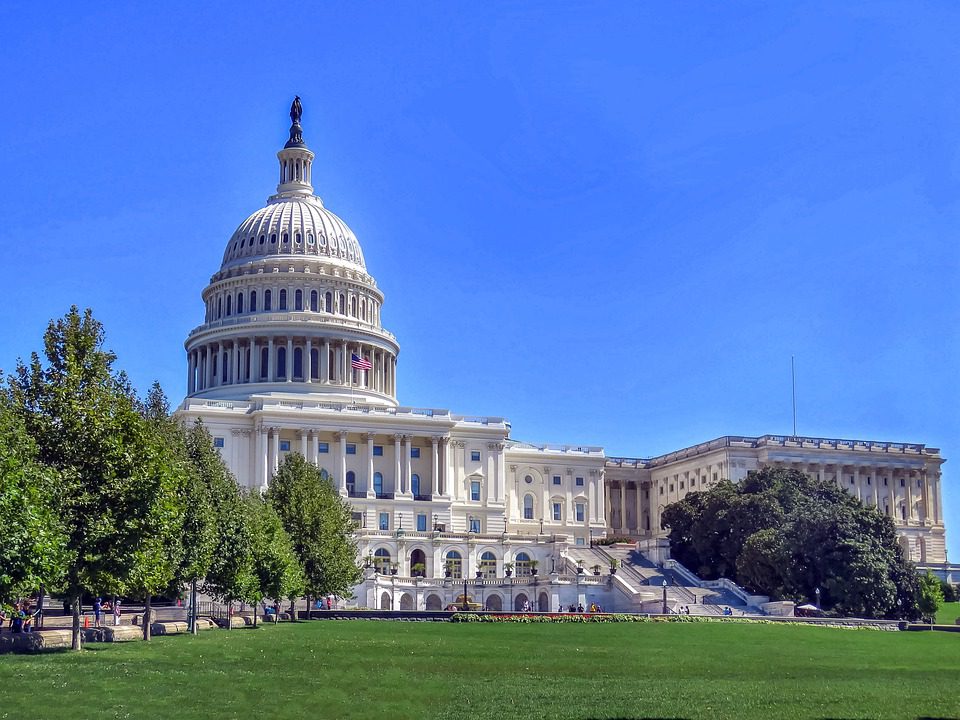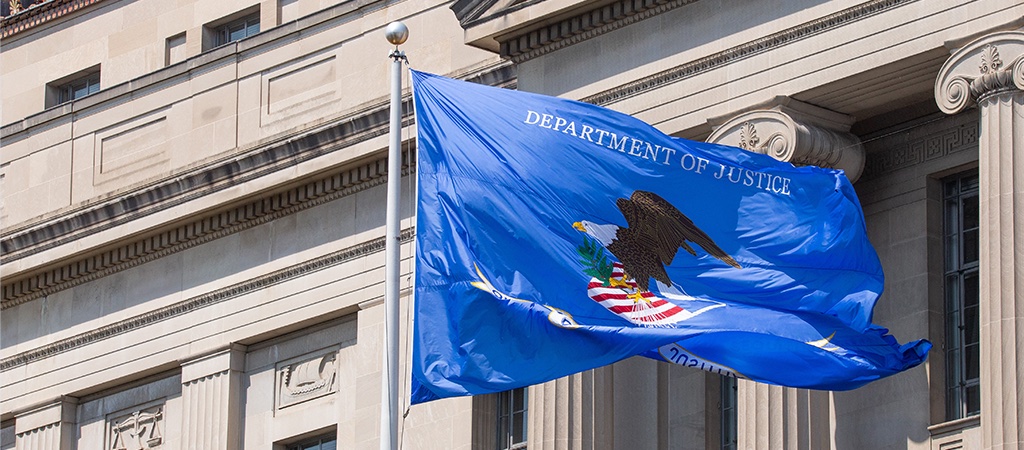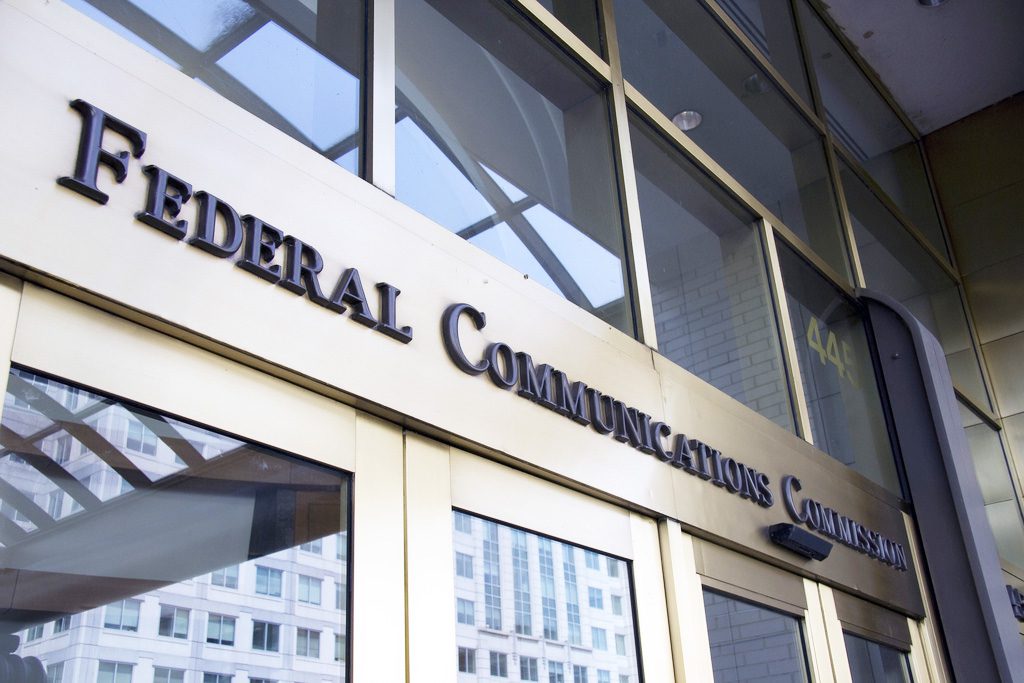This is the eighth of thirteen issues selected by our members and resulting from a nationwide faith and values study called Vital Signs.
Each week, we will cover a new topic with in-depth insights and biblical perspective in order to encourage, equip, and inspire praying Americans leading up to the 2020 Election.
The Peaceful Transfer of the Peoples Power
A peaceful transfer of power… it’s the American hallmark. Every four years, a citizen takes an oath and becomes the president without insurrection. Throughout history, many presidents have followed those pledged words with “so help me God.” And since 1789, God has blessed America 58 times with the small miracle of one administration of government handing itself off peacefully to another.
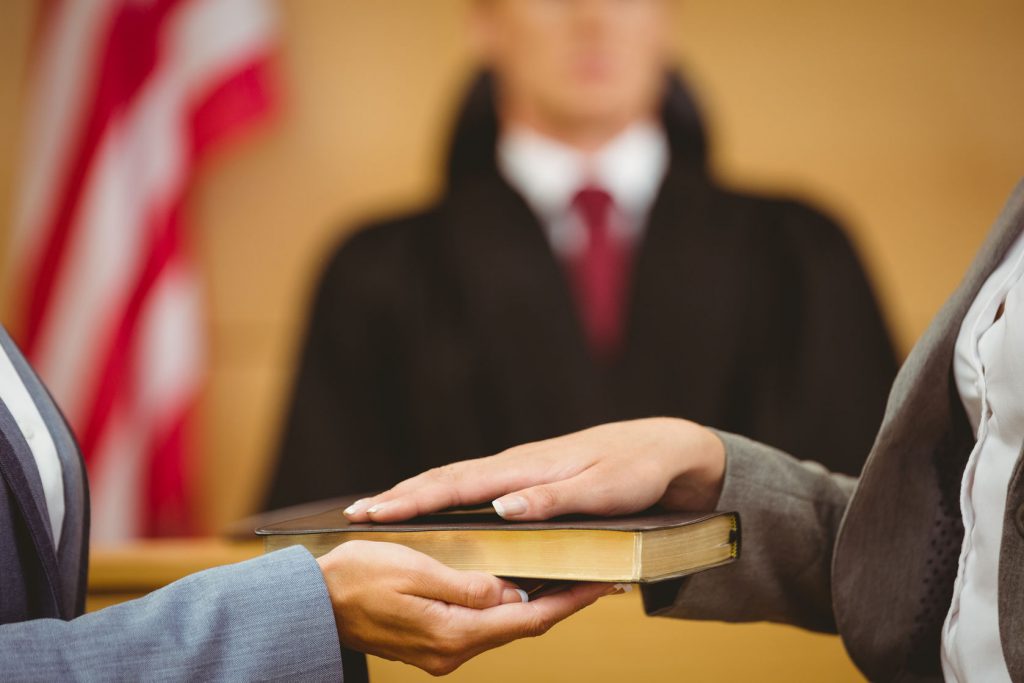
“How can the quarreling colonists be brought under a unified government?” That question is almost as appropriate now as it was in 1787 as delegates to the Constitutional Convention gathered in Philadelphia. They faced the daunting task of designing a set of rules to govern transfer of power amidst a diverse and often conflicted populous. They were successful in framing a design that has lasted 244 years. Soon it will be tested again. The November 2020 election is quickly approaching and many are predicting a “nightmare scenario.”
What people are saying:
Think-tanks on both sides of the political aisle are working overtime trying to war-game potential outcomes for the fall. Many fear the election itself may be manipulated. Some have reacted strongly to the idea it may be postponed or delayed due to the coronavirus. Recently, state primaries have been deferred, but bumping a presidential election is not that easy. It has not happened at any time in America’s history, even during the nation’s Civil War, the 1918 influenza pandemic, or terrorist attacks.
Under the Constitution, only Congress has the power to change the election date. Considering the opposing party to the presidential seat is currently in majority control of the House of Representatives, it is highly unlikely they would take any action to put off the process of selecting a new leader.
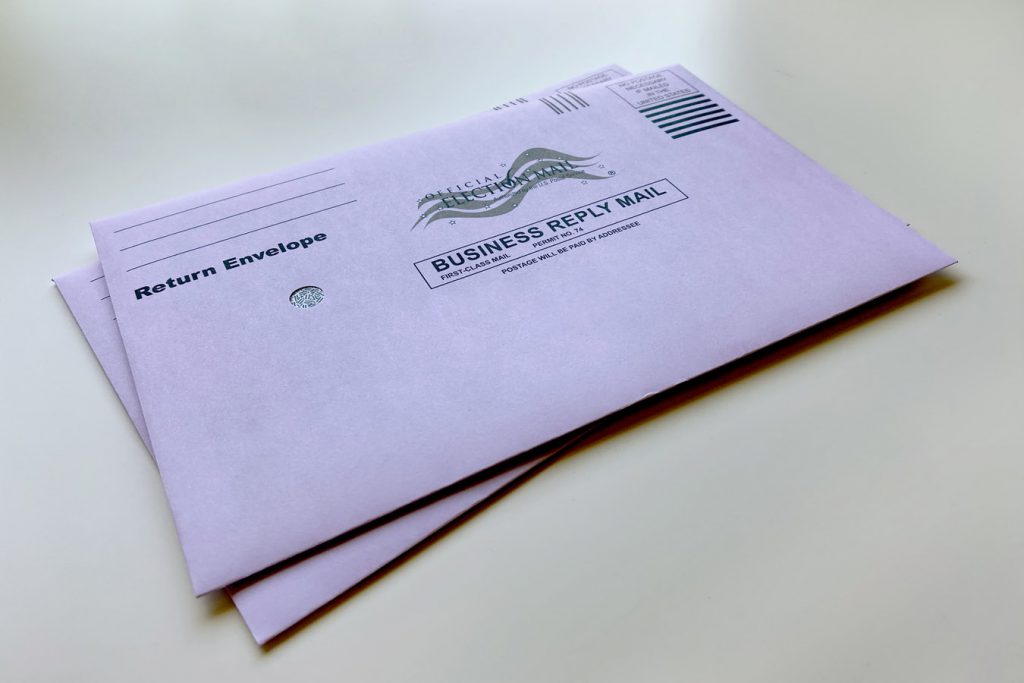
More than changing when the election is held, one challenge in November may be how the election is held. Coronavirus has brought about gathering restrictions, and, without physically going to the polls, many are concerned that the exclusive use of mail-in ballots will produce an untrustworthy result. Protocols detailing how vote by mail is handled gets defined on a state by state basis. Signature matching, varying deadlines, and the ability of the U.S. Postal Service to deliver ballots in a timely fashion have driven some to speculate a mail-in vote will end up in the courts.
According to Pew Research Center, 70 percent of Americans believe a mail-in ballot should be an option for anyone desiring it. The problem as noted by Attorney General William Barr in a recent New York Times Magazine interview is the potential for fraud. However according to a determination made by Amber McReynolds, CEO of the National Vote at Home Institute and Charles Stewart, director of the MIT Election Data and Science Lab, over the past 20 years more than 250 million ballots have been cast by mail with only 143 related criminal convictions for fraud. All agree that expanding voting by mail will be a challenge in many states, but it will not automatically result in rampant voter fraud.
One of the greatest challenges to the 2020 election as seen by many is the possibility of an Electoral College dispute. The framers of the Constitution designed the Electoral College as a compromise between those wanting the president to be elected by Congress and those wanting the seat to be a majority in popular vote. In their design, it is possible for a candidate to win the popular vote yet lose the election in the Electoral College. It has happened in 1824, 1876, 1888, 2000, and 2016.
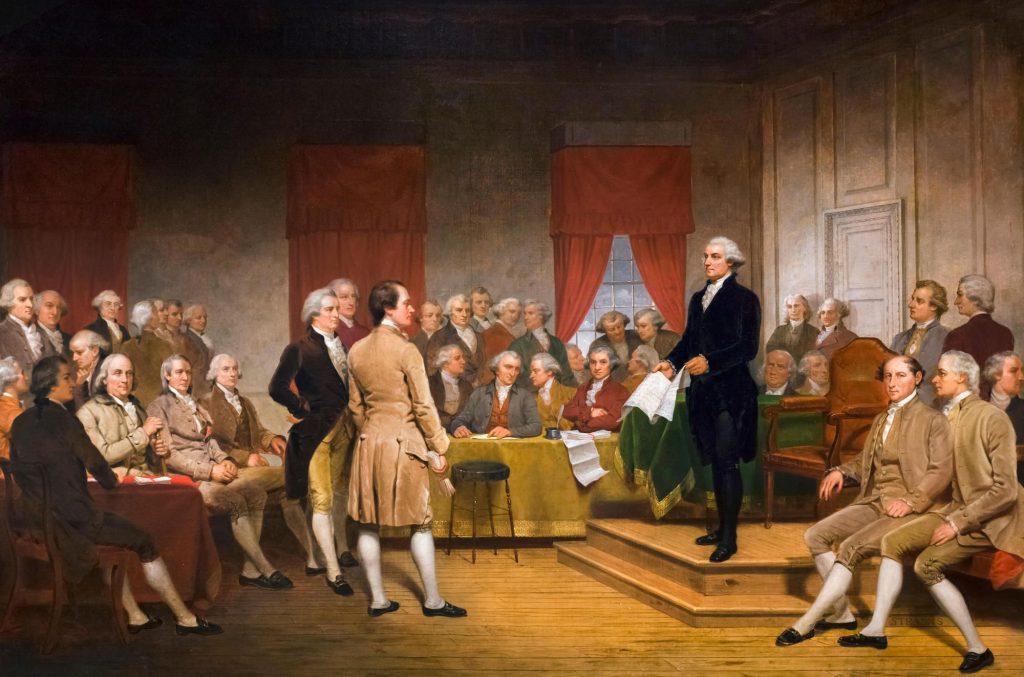
In the nearly 250 years since its creation, the Electoral College has faced continual opposition. Challengers in the 2016 election claimed at least 10 electors did not faithfully cast their ballot according to the election results of their state. This dilemma has been hailed by opposers as the major crack in its design. Last year the State of Washington’s Supreme Court upheld three $1,000 fines against Democratic electors who cast their ballots for Colin Powell rather than Hillary Clinton, the winner of their state election. On July 6, 2020, the U.S Supreme Court unanimously ruled that states have the power to require electors to faithfully cast their votes according to their party’s selected candidate for president.
Fears of tampering by foreign influences have brought both Republicans and Democrats to the boiling point. With less than 100 days before voting, Director of National Intelligence John Ratcliff is regularly briefing senators in a classified setting at the Capitol. The focus of the meetings is to determine how much information is appropriate to share with the American public in a display of administrative transparency.
Will the elections of 2020 be a legal slug fest? Who knows, but historically Americans have risen to the challenge and peacefully selected those who govern them.
What the Bible to say?
In a constitutional government like America, the power to govern is given to the people. The citizenry is called both to yield to the authority AND wield the authority of governance. Is there a distinctly Christian way to engage in this political process?

The Apostle Peter sums up living under the authority of human governments as a follower of Christ: “Beloved, I urge you as sojourners and exiles to abstain from the passions of the flesh, which wage war against your soul. Keep your conduct among the Gentiles honorable, so that when they speak against you as evildoers, they may see your good deeds and glorify God on “the day of visitation.” Be subject for the Lord’s sake to every human institution, whether it be to the emperor as supreme, or to governors as sent by him to punish those who do evil and to praise those who do good. For this is the will of God, that by doing good you should put to silence the ignorance of foolish people. Live as people who are free, not using your freedom as a cover-up for evil, but living as servants of God. Honor everyone. Love the brother-hood. Fear God. Honor the emperor” (1Peter 2: 11-17).
Selecting leaders is not a new idea. God revealed a plan for the ancient Israelites to follow. Deuteronomy 1:13 says, “Choose for your tribes wise, understanding, and experienced men, and I will appoint them as your heads.”
A representative government is a good thing. God used Moses’ father-in-law to instruct him when Moses was wearying from taking on the leadership of the millions in the wilderness: “What you are doing is not good. You and the people with you will certainly wear yourselves out, for the thing is too heavy for you. You are not able to do it alone. Now obey my voice; I will give you advice, and God be with you! You shall represent the people before God and bring their cases to God, and you shall warn them about the statutes and the laws, and make them know the way in which they must walk and what they must do. Moreover, look for able men from all the people, men who fear God, who are trustworthy and hate a bribe, and place such men over the people as chiefs of thousands, of hundreds, of fifties, and of tens” (Exodus 18:17-26).
The U.S. formally requests your participation in designing its society. What an opportunity to share the good life God offers! When you vote for the candidate that most closely represents values of your Christian faith, you bring God’s blessing to your fellow citizens.
God cares for the marginalized members of society and calls His people to assist them. “Open your mouth for the mute, for the rights of all who are destitute. Open your mouth, judge righteously, defend the rights of the poor and needy” (Proverbs 31:8-9). A well-working government filled with legislators of integrity can be an effective tool in freeing up resources, people, and organizations to do the good work God desires in any nation.
Will your one vote count? While it won’t likely change an election result, combined with others like-minded, yes – together votes make a difference. Does your single monetary contribution to a favorite ministry keep it going? No, but likewise, when many people sharing the same vision for the future participate and pray, God moves and blessings happens.
PRAYER POINTS
- Ask God to protect America’s Election 2020 and deliver trustworthy results.
- Pray God will move against any force that would seek to create chaos and unrest on Election day.
- Intercede for the mechanics of the vote to be carried out without hinderance or unnecessary drama.
- Seek God’s will for your votes and get them in on time.




